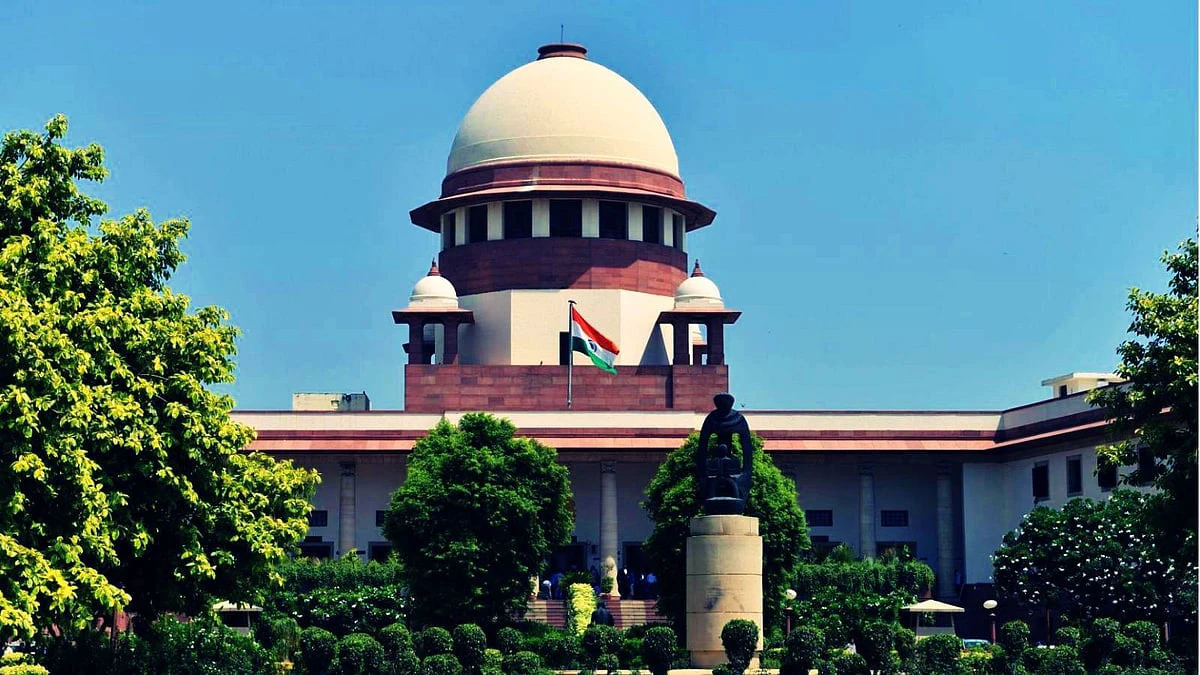The Supreme Court on Friday directed the Registrar Generals of all High Courts to urgently provide the information sought by the amici curiae (an impartial adviser to a court of law in a particular case) regarding delays in the framing of charges by Trial Courts across the country.
The Court said that Chief Justices of High Courts may form committees to collect the required data from districts and forward it to the amici. The direction came in a manner where the Supreme Court has proposed laying down guidelines to prevent delays in framing charges.
Amici Curiae Appointed to Examine Delays
Senior Advocates Siddharth Luthra and Nagamuthu were appointed as amici curiae after the Court expressed concern over violations of Section 251(b) of the Bharatiya Nagarik Suraksha Sanhita (BNSS), which mandates that charges in cases exclusively triable by a court of sessions must be framed within 60 days of the first hearing, Live Law reports.
Despite this statutory requirement, the Court noted that delays continue, including cases where accused persons remain in custody for long periods without charges being framed. During an earlier hearing, the bench of Justice Aravind Kumar and Justice NV Anjaria had appointed Luthra as amicus after a petitioner pointed out that charges had not been framed even after two years of custody.
High Courts’ Responses and Challenges
Appearing before the Court on Friday, Luthra said he had written to various High Courts seeking information as directed, but responses from most of them were still awaited. He informed the bench that only the High Courts of Kerala, Jammu & Kashmir and Ladakh, Telangana, Madras and Allahabad had sent their data. He also shared that one High Court commented that it still had a 2022 case pending, explaining that older matters involving accused in custody were being prioritised.
Justice Kumar reacted to this by saying, “He or she has to burn the midnight oil, that’s all.” The Court then learned that the “2022 old cases” referred to by the High Court were BNSS cases, the category for which the mandate applies.
Court to Review Data and Monitor Delays
Luthra clarified that he had limited his request to BNSS cases because asking for similar data under the Code of Criminal Procedure would be extremely difficult.
According to him, collecting such information from older CrPC cases would require going back many years. Luthra requested that the matter be listed after a few weeks so that he could compile responses from all High Courts.
The Court agreed and issued a detailed order. It recorded that charges in the main case had been framed on August 2, 2025, but said the larger issue of widespread delays needed deeper examination. The order stated that several High Courts had already shared their data and that more responses had been received just a day earlier, though not yet placed on record. The Court observed the “commendable job” done by the amicus and the State.
